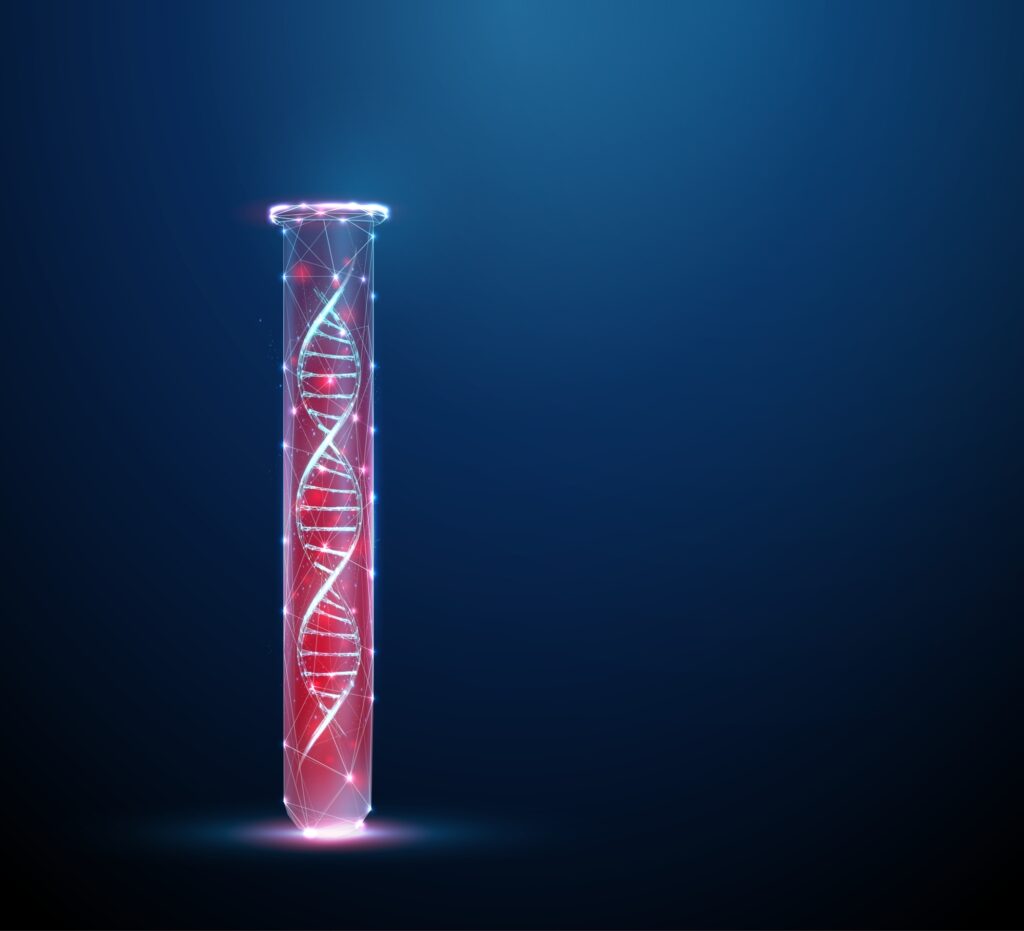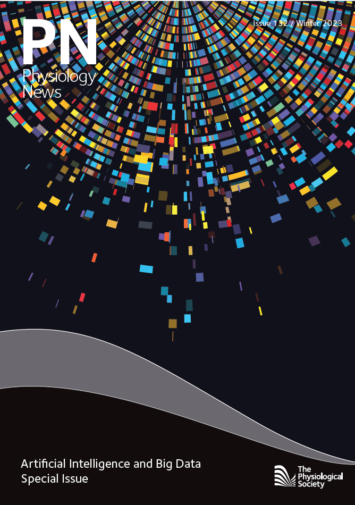
Physiology News Magazine
Film Review: GATTACA
Written and directed by Andrew Niccol
News and Views
Film Review: GATTACA
Written and directed by Andrew Niccol
News and Views
https://doi.org/10.36866/pn.132.14
Sofija Redzic
High-school student in New English School in Kuwait
Consider God’s handiwork; who can straighten what He hath made crooked?”
This quote is Gattaca‘s opening screen, based on Ecclesiastes 7: 13 in the Bible. Perhaps it may invoke a knee-jerk reaction in scientists watching. Is it not the primary goal of all life science research to help to extend the human body’s lifespan past once-fatal failings? However, in this universe, society has evolved past the point of leaving things to chance.

Gattaca (1997) is set in a fictional prospective universe wherein human gene analysis has progressed far enough to let parents pick their most compatible choice from genetically analysed, multiple fertilised embryos. This unborn child’s place in the class ladder is determined at conception through what its genetic code predicts it will be (allegedly) capable of. Vincent is born a “faith baby”, as his parents did not use this screening. They later regret this, taking caution with their second child Anton. Anton becomes the golden child due to his superior genotype and Vincent is left embittered, nursing a dream to fly to space.
Gattaca is his path to space, an elite space exploration programme that tests the best of the genetically best to find candidates for their rigorous missions. Vincent, an “invalid” (i.e. having “imperfect” genes) must leave his old life behind and assume the physical identity of a “valid” person to enter Gattaca. The film centres around his calculated movements to evade genetic recognition in a system that checks the identity of its occupants at every Orwellian turn.
Medicine in this universe has gone beyond a tool for enabling human life to be lived fully and has morphed into the defining factor of how fully humans are allowed to live in order to best serve the collective and its goals. To quote Vincent, “[Gattaca] now have discrimination down to a science.”
The black-and-white nature of sorting potential by genetic predisposition leads to an absolute block in social mobility, and from the moment of conception a human life’s worth is relegated to strict categories. De-gene-erates, as the naturally conceived are termed, are at the bottom of the achievement ladder and are only shown throughout the film in low-skill jobs or as a part of the homeless population.
There is no room for self betterment or motivation in this system. All are subservient to the needs of the collective to advance further, and this machine of a society whirrs on out into the solar system (literally) without regard to the single human’s wants.
Totalitarianism is defined as a “form of government that theoretically permits no individual freedom and that seeks to subordinate all aspects of individual life to the authority of the state”. Perhaps that would sound familiar to a “Gattaca” universe resident.
What this societal system fails to take into account is free will, and motivation. The constant testing may account for one’s genotype, but phenotypes are the intersection of that genotype with our surroundings. In Vincent’s case, his motivation from his childhood is great enough to not let genetic predictions change his life’s course. He outperforms his cohort, and his success contradicts the “facts” presented by (allegedly) hyper-advanced programs. It is proof that blind faith in technology is bound to be proven wrong, and that genetic information alone is simply not enough to determine, or secure, a person’s future. Indeed – you could have all of the gene variants associated with being a proficient reader, but if you are never given a book or taught how to read, this potential cannot be achieved.
Only in the final moment before boarding the spaceship is Vincent’s true identity revealed. The doctor testing Vincent lets him board the craft regardless, because of compassion. His son too is a “de-gene-erate”. For an algorithm taking this case into account, there are no decimals between a zero and a one in binary; you either are capable, or you are not. The only thing that saved Vincent from being cast off the mission was human intervention. What will happen when Gattaca’s system develops even further, so that there are no humans to intervene?
However, “Gattaca” was released in 1997. To draw up a comparison of how long ago that is in the tech timeline, 1997 was the first year that a specialised computer chess program beat a human player. Today, most consumer-level chess programs alone have never been beaten by a human. It is reasonable to wonder whether Gattaca’s warnings still stand true after such leaps in advancement. The motif in Gattaca of loss of human decision-making has already come true to a certain extent, with AI programs such as ChatGPT and DALL-E reducing the human component that was once required for creativity. We also see the genetic predictions borne out through the advent of polygenic scores, which use a person’s DNA to place them on a distribution of risk for certain disease-associated traits.
Maybe it is too late to divert our train off its tracks to technological totalitarianism. Or, maybe, this movie is another addition to the list of dystopian science fiction that scare their audiences about the capabilities of new technology. Either way, Gattaca has not lost its relevance, and it is worth watching to revisit the questions it raises – our tendencies toward the need for control, the future of predictive data, the dangers of totalitarian societies and the loss of the individual.
